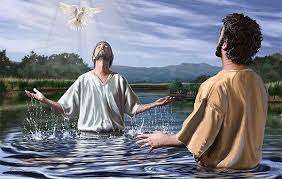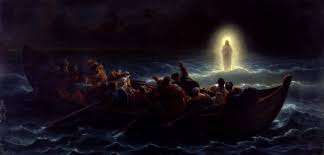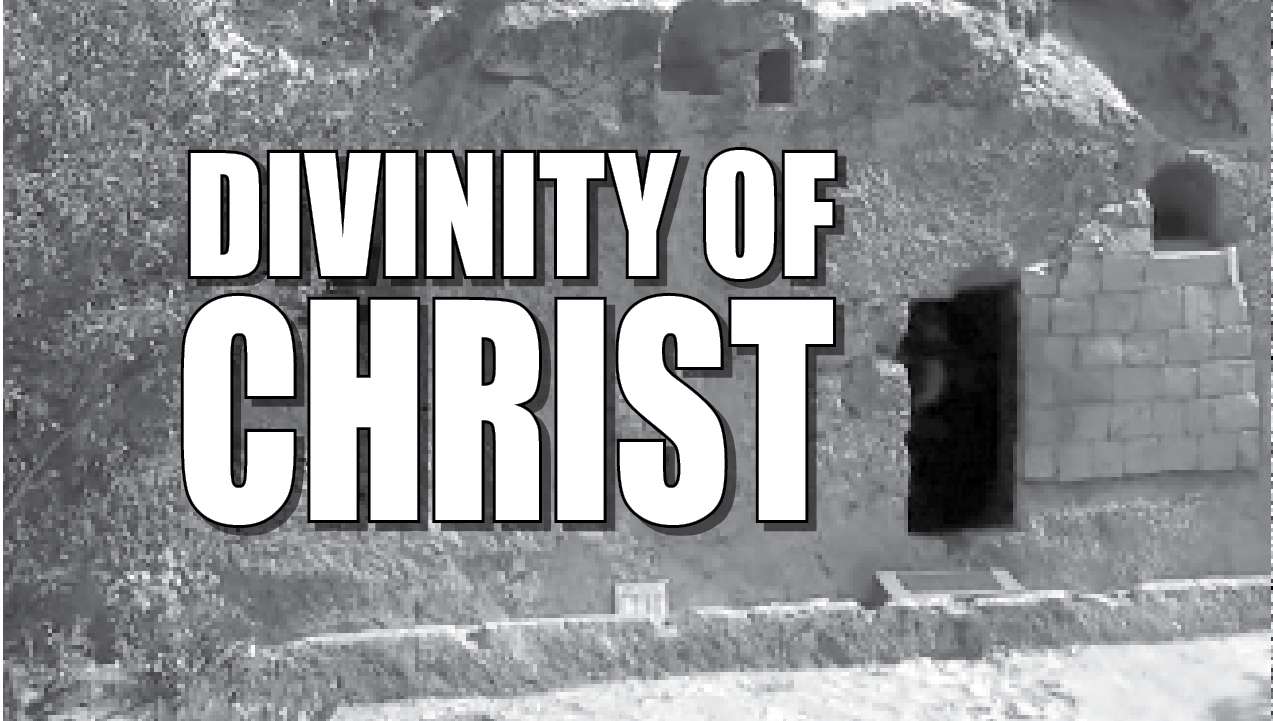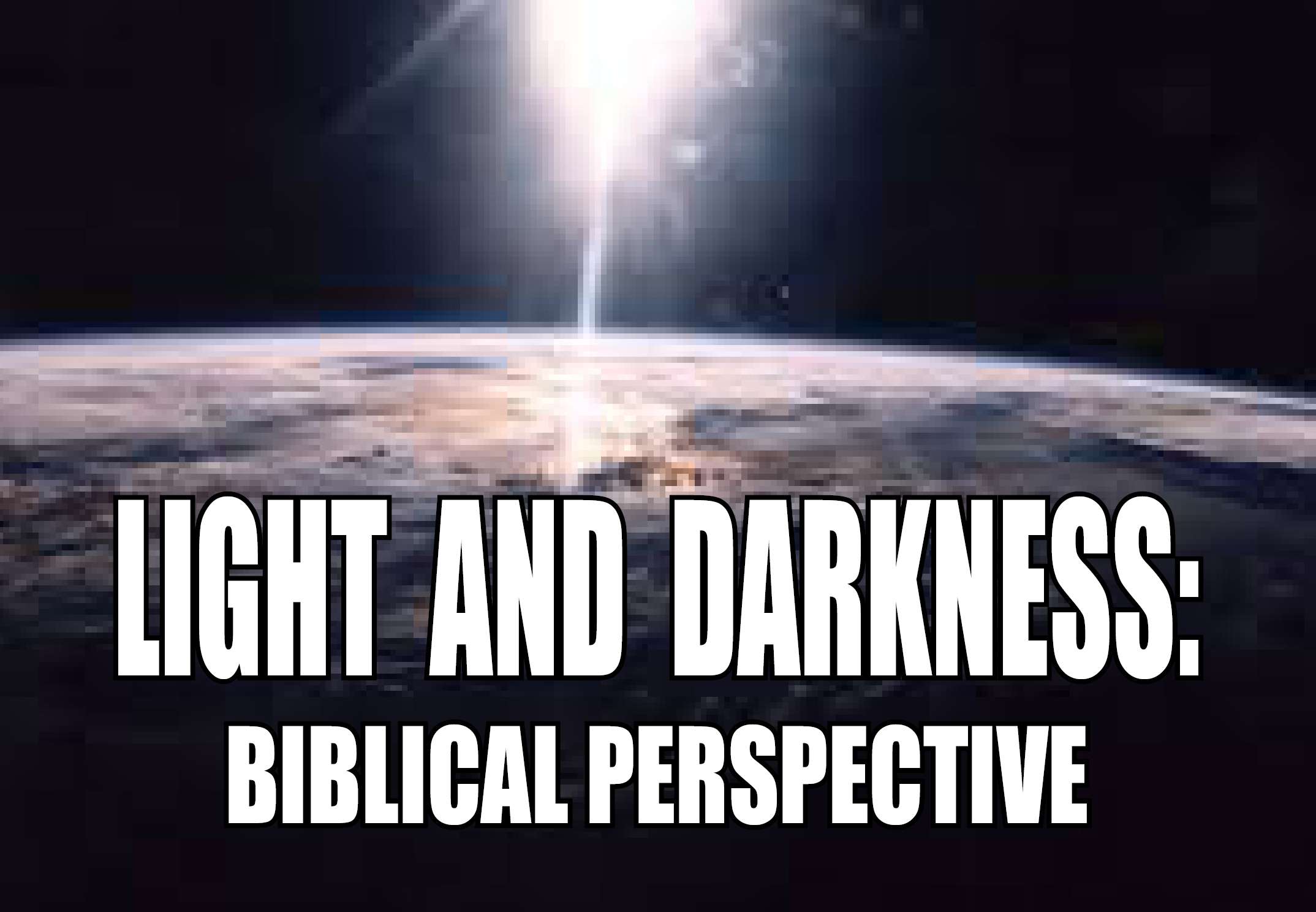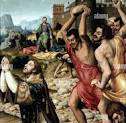

Stephen’s Historic Discourse and the Persecution
Pr. K. A. John
Stephen was not just servant who cared for widows. We not only meet a man who is chosen from among the church to serve the church, but we meet a man who was a powerful preacher. It says he was full of grace and power.
If you study the sermon in Acts chapter 7, it tells you everything he believed in basically. This is a full sermon by an early church believer, an early church preacher. This is a model of how they preached.
First of all, he believed that God ruled history. That’s in Acts 7:1- 51.
The whole 7th chapter is his great sermon on how God rules history. Stephen believed, “God rules history. I am part of history. God rules me. God determines destiny. I am within the framework of destiny; God has determined my destiny.
He knew that the only person controlling his life was God. He absolutely believed it, so he did whatever God told him to do and didn’t worry about it. He not only believed God was controlling history, but he believed Jesus was the Messiah. He believed Jesus was the fulfillment of all Messianic prophesy. As Luther said, they knew one thing for sure: that the Old Testament is the cradle in which the Christ Child is laid. Certainly, we learn from Stephen, that the gospel and the coming of Christ is rooted in God’s dealings with Israel, recorded in the Old Testament. This is exactly the approach that Stephen in his sermon takes in Acts 7 because he is talking to Jews, to the most literate Jews, to the supreme court of Israel, the council of the Sanhedrin.
Stephen had been charged with four kinds of blasphemy. He had been charged with blasphemy against God, Moses, the law, and the temple - the most sacred things in the mind of any Jew. It is important to notice that he answered these charges with Scripture. He defended the faith not in vagaries of philosophy, not in logic, but in verbal testimony to the Scripture. All throughout this sermon, this defense, Stephen quotes the Old Testament. He had an amazing knowledge of the Old Testament, Stephen defended himself against the idea that he blasphemed God. He stated his belief in God, God the God of Abraham, Isaac, and Jacob. God, the God of Israel. He establishes that God has revealed himself in Scripture as the Jews believe and that He has called Israel into existence. This is capturing their attention at the point of what interests them and what is sacred to them.
He gives God His most exalted title, “The God of glory.” Acts.7:2. The Jews were familiar with this title. In Ps. 29 we see an amazing declaration of the glory of God. Stephen says, I am talking to you affirming my belief in the God of glory. I believe in the God of glory, He ascribes full supremacy, full sovereignty, full glory to the God. He actually died seeing something of that glory, verse 55. Before they stoned him to death it says, “Being full of the Holy Spirit, he gazed intently into heaven and saw the glory of God.” He saw the God of glory that he has just spoken about. He’s saying, “I don’t deny God. I don’t blaspheme God.” He covers the history of Israel starting with the God of glory from Abraham to Joseph, from the call to the captivity, the first great era of Jewish history. In so doing he answered their charges that he was not a blasphemer of the true and living God.
He defended himself against that he blasphemed Moses. Stephen is saying everything positive he can say about Moses. He has no blasphemer of Moses. Moses is a remarkable man. “This is the Moses who said to the sons of Israel, ‘God will raise up for you a prophet like me from your brethren.” They all knew that was a messianic prophecy from Deuteronomy 18:15. This Moses, this Moses that you rejected was the very one who prophesied the coming of a prophet like unto himself, a prophet chosen by God, set apart by God. Moses was a deliverer from among his own people; so was Jesus. Moses came down from a palace to a role of a slave to rescue slaves; so did Jesus. Moses offered himself and was rejected; so did Jesus. Moses left Israel to go into a Gentile land and have a family; Jesus left Israel to raise up a seed among the Gentiles. Moses came back a second time to redeem his people and lead them to the promised land, and Jesus will come back a second time and lead His people to the promised land. Again, the history of Moses is like the foreshadowing of the history of Jesus. You couldn’t honor Moses without honoring Christ.
He has great respect for this most noble deliverer of Israel. He has shown the Jews that they had a consistent, non-stop pattern of rejecting God’s great deliverers. They were always priding themselves on their great love of their historic leaders, but their fathers had rejected both Joseph and Moses outright. They were historically blasphemers of God because they blasphemed God’s intentions and purposes in His chosen leaders. He lays the weight of rejection on them.
The third charge against him was that he was a blasphemer of the law. It is God’s law, it is alive and powerful. He is not a blasphemer of the law. But here comes the indictment of them again, Acts. 7: 39. “Our fathers were unwilling to be obedient to him, but repudiated him and in their hearts turned back to Egypt, saying to Aaron, ‘Make for us gods who will go before us; for this Moses who led us out of the land of Egypt – we do not know what happened to him.
It was there at the foot of Sinai that they began their idolatrous history. It all started there. The law commands that you shall have no other gods. But they said, make for us gods who will go before us. They made a calf, “brought a sacrifice to the idol, and were rejoicing in the works of their hands.”
Who are the blasphemers? It was the people of Israel. Israel continually violated the first commandment, violated the rest of the Ten Commandments. Their history is a history of multiple thousands upon thousands of violations of every commandment the Lord gave. They worshipped idols, and it all led to Babylon.
I am not against the temple. The temple started with the tabernacle. It started with a tent, and it was the testimony of God. The tent was there all the way until the time of David. When David put his enemies down and brought peace, he looked at God’s tent and said, “I have a house of cedar. God has a tent.” I’m going to build a fitting house for God” 2 Samuel 7:2.
But, by the time that Stephen was facing the council, they worshipped the building and not God. Stephen is saying: I recognized that God ordained a tent, and He ordained a temple, but God is bigger than your building, and you are blaspheming God by perverting the temple as if the temple itself is holy, and you have turned the temple.
He defended himself against the charges saying he believes fully in God, Moses, the law, the temple. They are all God-ordained, God-designed, for purposes of God. He does not reject Moses, the law, the temple, or God. But they, in their history, are following the exact pattern of the rejections of the past, their whole history is a history of blasphemy and rebellion.
The false witnesses could have come to the council and said, Stephen is claiming that the hope of Moses has come, that prophet which Moses predicted is here, Messiah has come, that the old covenant has now led into the new covenant, that He who is the fulfillment of the law is here, that the dreams of all of us who have hoped for Messiah have come true.” But they perverted it and said, “Stephen blasphemes.”
They were saying, evil; blasphemer and he was sitting there with a holy face. His face was like the face of an angel. The glow of God was manifesting on his face. God had put on Stephen the face of the glory of God. Only one other man in the records of the bible ever had the glory of God on his face was Moses.
Here Stephen ranks with Moses. God was rebuking them by saying, “Only one other man ever looked like that man looks, and that is Moses. And I made Moses look like that, because I approved of his covenant, and I now make Stephen look like that, because I approve of the new covenant. God’s saying that both of those were mine.
When they heard it, they were filled with anger, but Stephen was filled with the Holy Spirit. Marks of the spirit filled person, first of all he will always be looking at heaven, Secondly, his mind will be occupied with how God can be glorified. He is not concerned of his own reputation, his own name or his own life, he is concerned of only the glory of the lord. Thirdly such a person sees Jesus. His testimony is that I see Jesus and the heaven open for him, heaven will be open above us at the time of challenges.
When he was stoned at, He, being full of the Holy Spirit” “looked up. ”What was he looking for?” it was for no one but Jesus. God pulled back the curtains, “and he saw the glory of God, and Jesus standing on the right hand of God.” Acts 7:55. The situation got tough, so he looked to the Lord. That’s the only place to look. He always had good spiritual sight ever since he met Christ. He just lost all the consciousness of what is going on around him, he was so absorbed in looking into heaven and he saw the glory of God and Jesus standing at the right hand of God. In the Book of Hebrews, it says, “After Christ had accomplished redemption, He went to heaven, took the right of the Father, and He sat down.” He sat down in terms of redemption, but He gets up when His children get in trouble. So, He gets up to help His own. Stephen, I’m coming to your rescue.
They absolutely lost themselves at that point. Because the words Stephen said were familiar words to that council. They had this other prisoner one time on trial, and the same group here, and the trial was in the same place, most likely. They had accused Him of blasphemy, too. And they brought in false witnesses, and the false witnesses didn’t come across. And there was no enough evidence to kill this one. So, the high priest finally just said to this other prisoner, “You tell me plainly. Are You the Messiah?” He said, “I am. ”Mark 14:62 “And you will see the Son of Man seated at the right hand of the Almighty. He says, “I am the Messiah. You’ll see Me seated at the right hand of God.” And they killed Him for such blasphemy. Here Stephen says, “I see the Son of Man seated at the right hand of God.” They killed Jesus for claiming it. Now Stephen verifies that it is true. They either had to kill Stephen or admit that they were wrong in killing Jesus, because Stephen is making the same claim for Jesus that Jesus made for Himself. It was blasphemy that Jesus even said He would be there, and Stephen says, “I see Him, and He is there.”
Death satisfied them. They wanted death. But for Stephen it wasn’t death. It was life. Jesus said, “I am the resurrection and the life. He that believed in Me, though he were dead” yet shall he live. And whosoever lives and believe in me shall never die.” There is no death. It’s simply going from one thing to the next.
May it be that we live a life of such stark contrast from the world around us to be marked by the fullness of the Holy Spirit, to be marked by spiritual sight. Not just at the hour when we might have to sacrifice our lives, but all the time.


